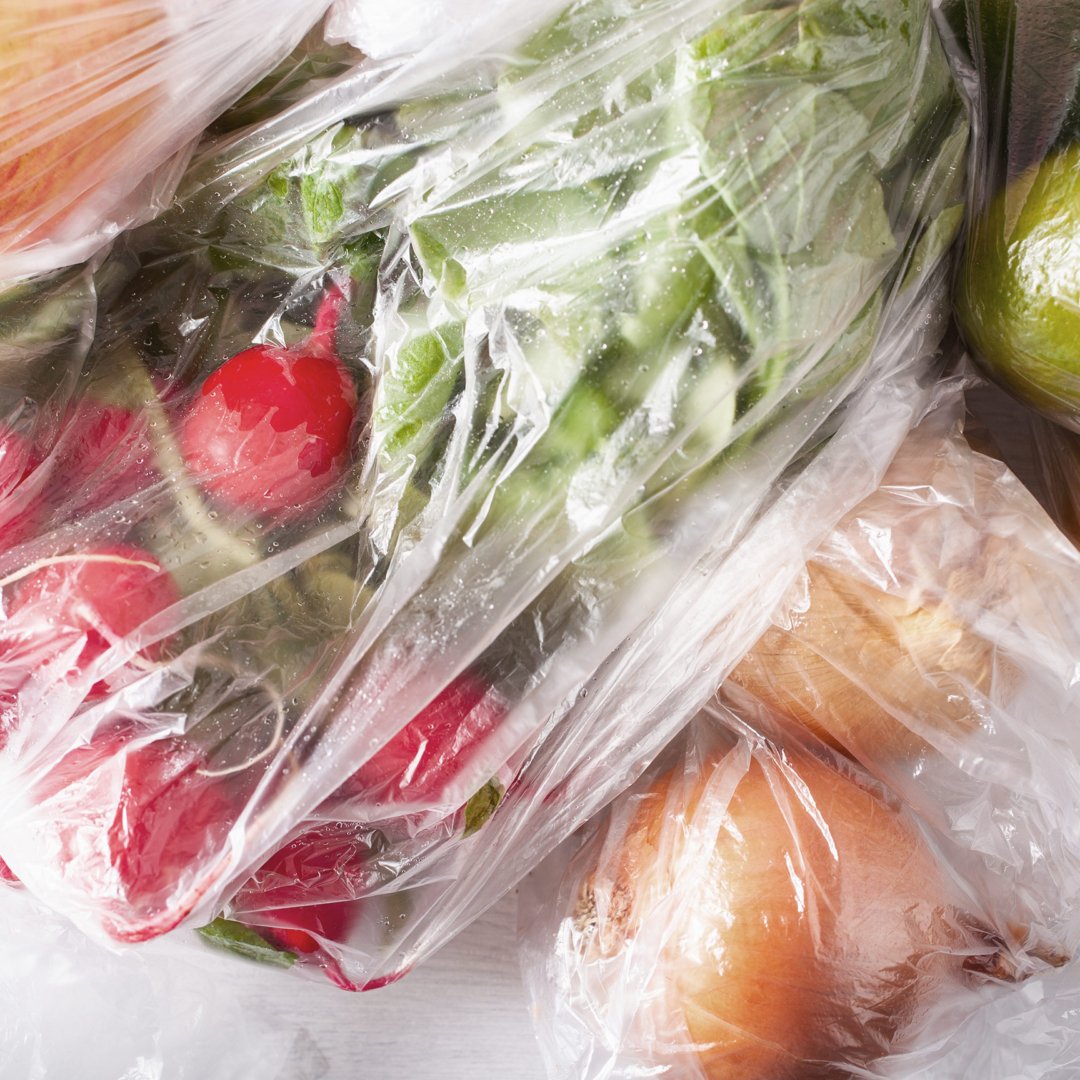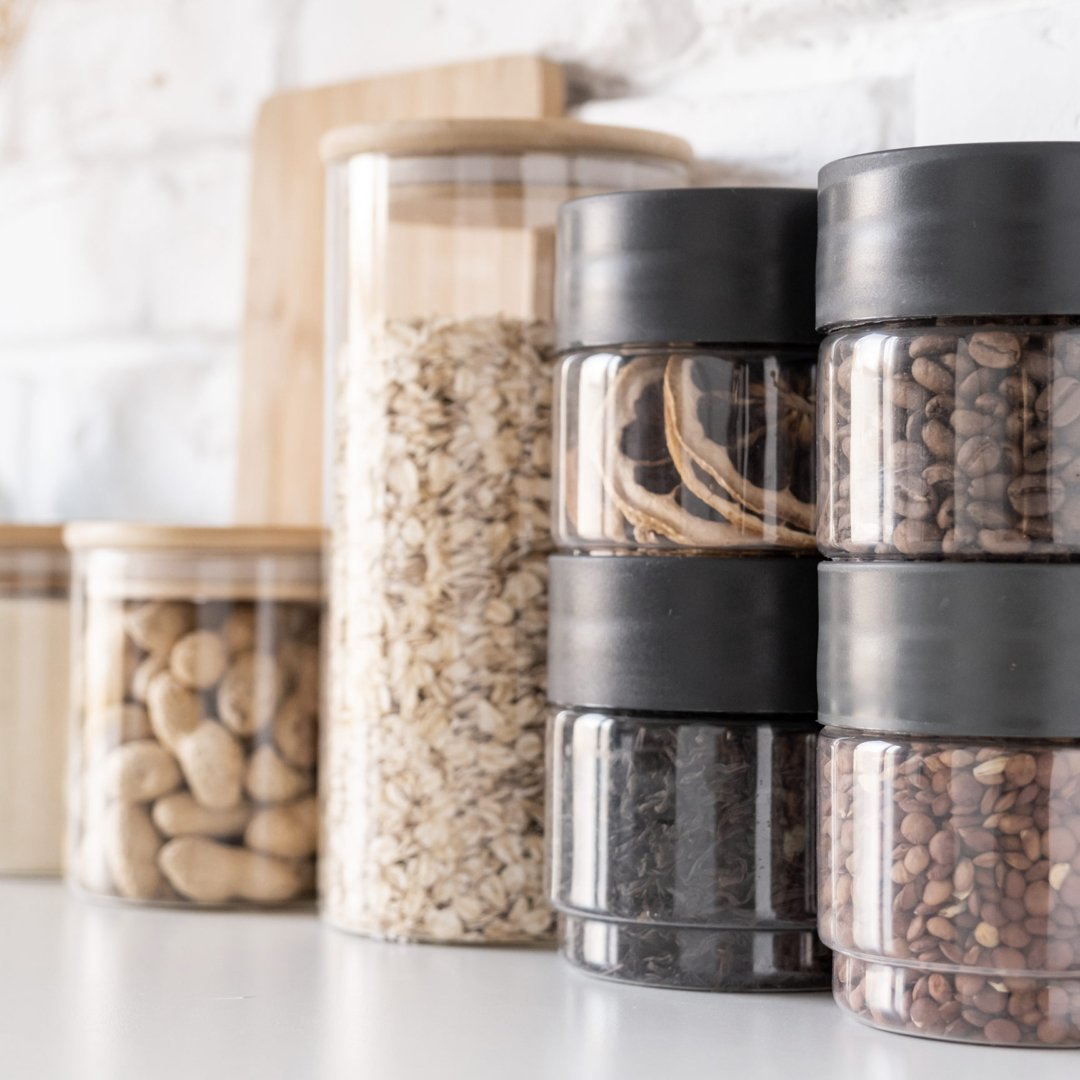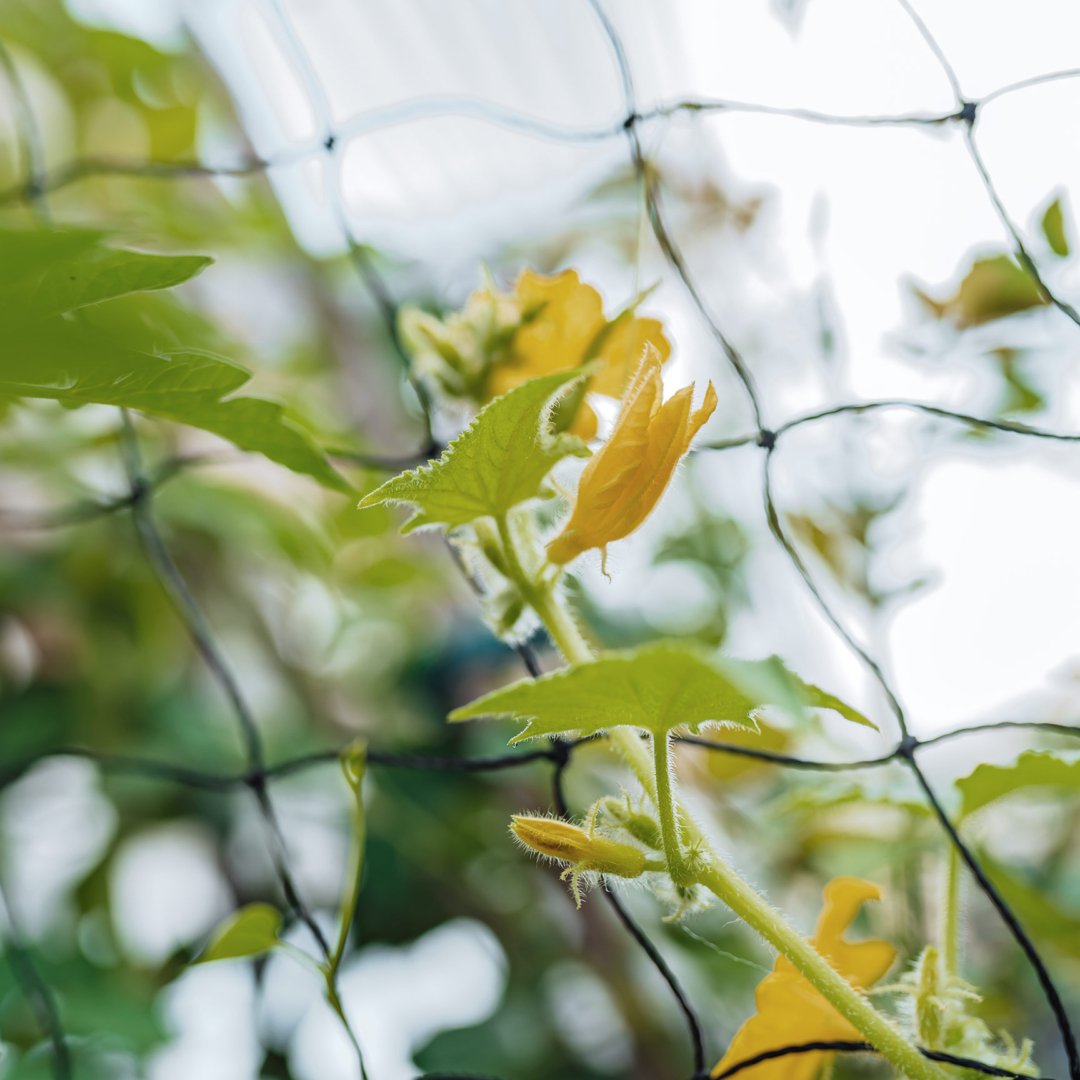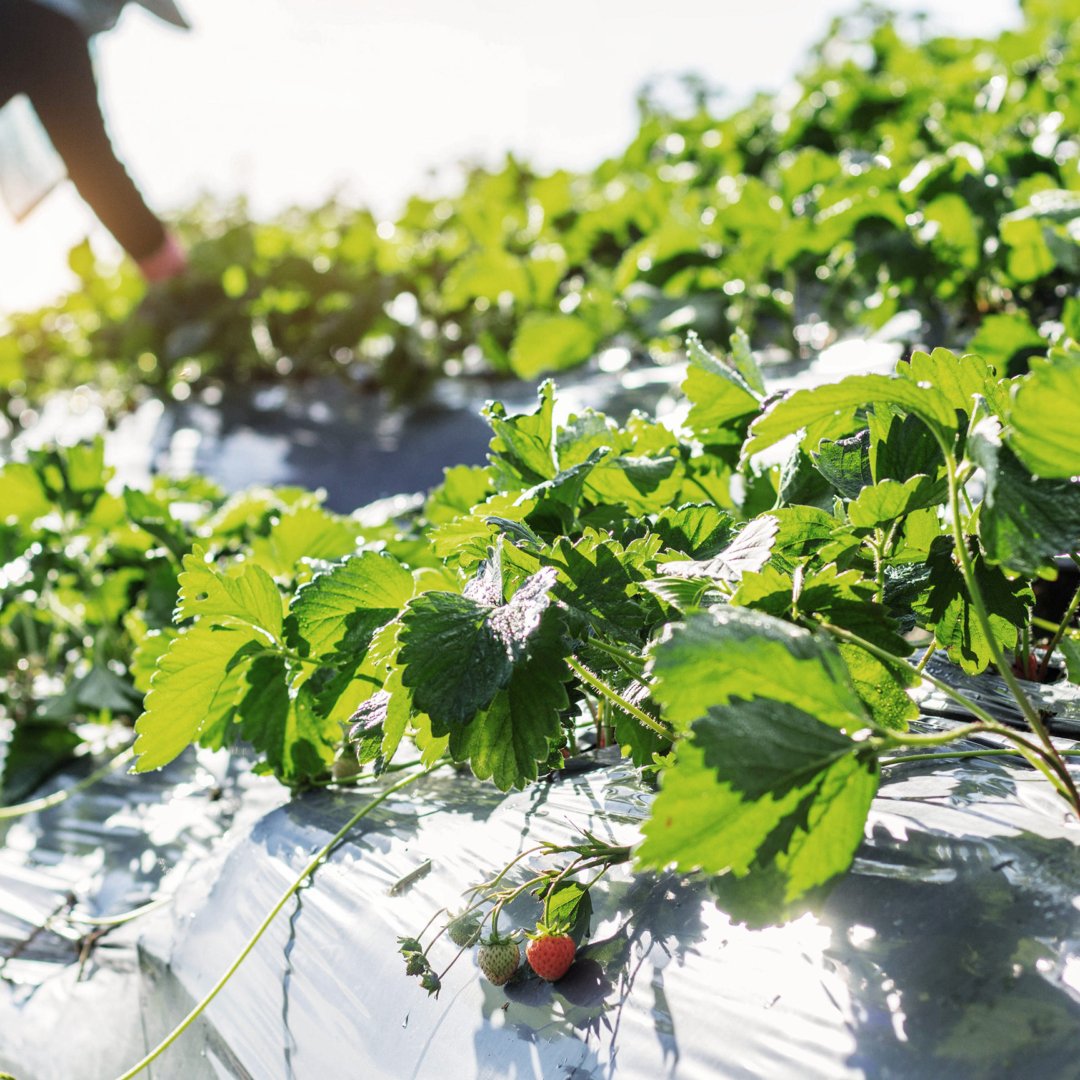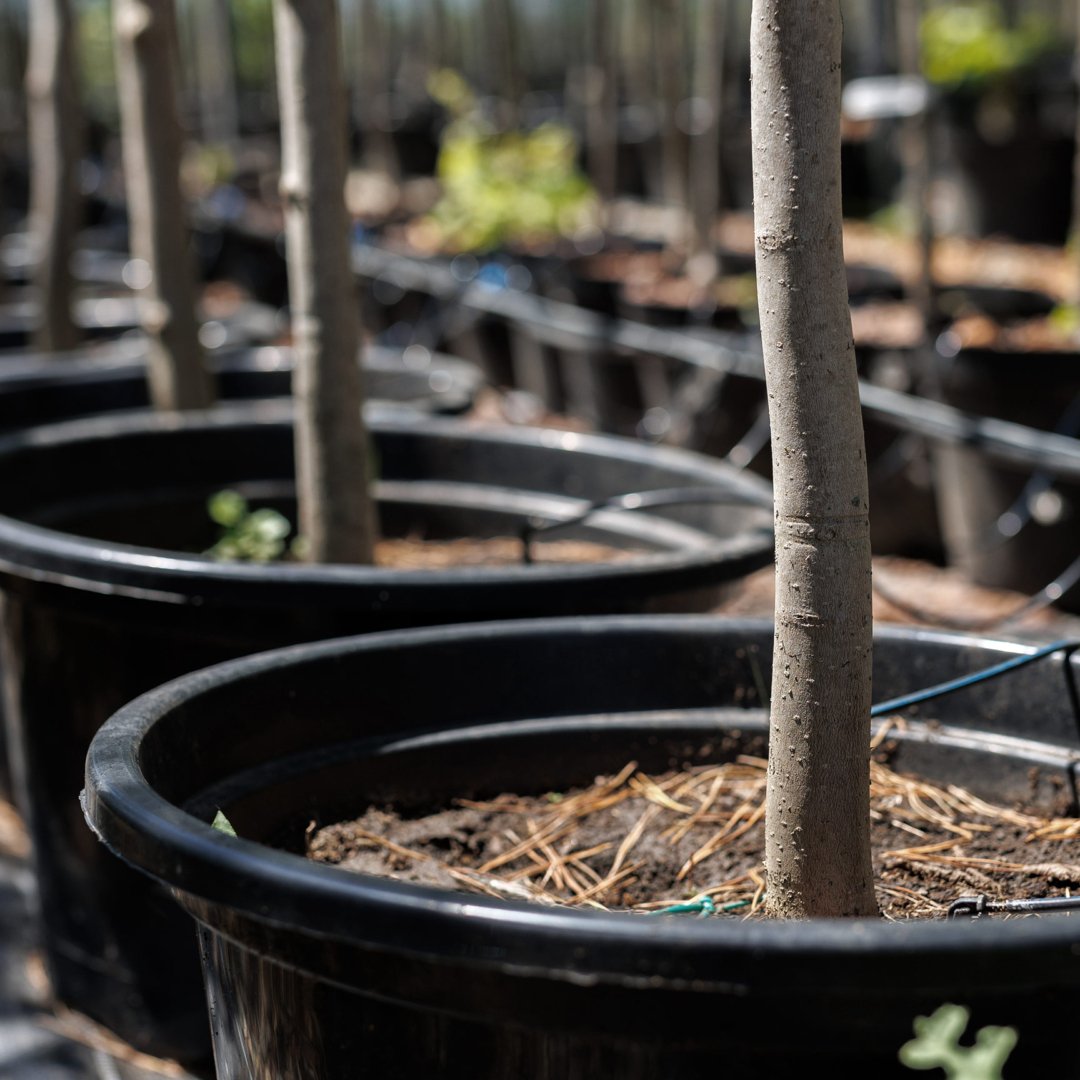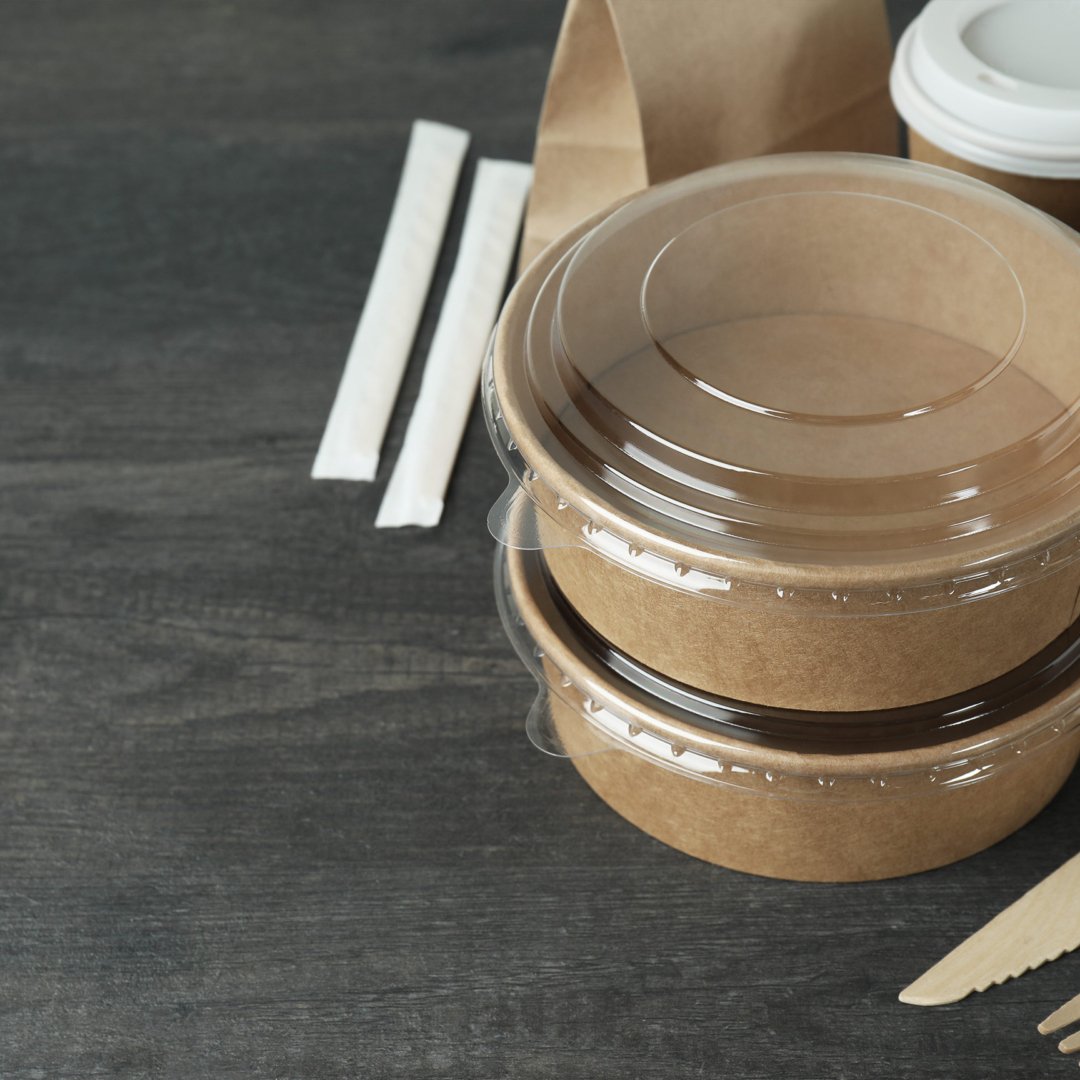Bioplastics drive sustainability by replacing conventional plastics in packaging, consumer goods, agriculture, and industry, reducing environmental impact without compromising performance.
- Home
- Bioplastics
- Applications
Advanced Sustainable Bioplastic Applications
Bioplastics are transforming industries by providing eco-friendly alternatives to traditional plastics. These durable, renewable materials reduce carbon footprints and support circular economies. From packaging to agriculture, they enhance product sustainability while maintaining high performance. By adopting bioplastics, industries contribute to a greener, more responsible future.
Bioplastics revolutionize packaging by offering renewable and biodegradable alternatives that reduce plastic waste while ensuring durability and product protection.
Sustainable packaging solutions made from bioplastics integrate plant-based and compostable materials. These materials provide the strength and versatility needed for food, retail, and industrial applications while aligning with global sustainability regulations.
Eco-friendly consumer goods benefit from bioplastics, creating durable and sustainable products that meet modern demands for responsible manufacturing.
From household items to electronics, bioplastics enhance product sustainability without sacrificing quality. Their lightweight and durable properties allow brands to create innovative, high-performance goods that appeal to environmentally conscious consumers.
Bioplastics support agriculture by providing biodegradable films, coatings, and materials that improve efficiency and reduce reliance on petroleum-based plastics.
In farming, bioplastics are used for mulch films, plant pots, and controlled-release fertilizers, promoting sustainable agricultural practices. These materials break down naturally, minimizing waste while maintaining productivity and soil health.

